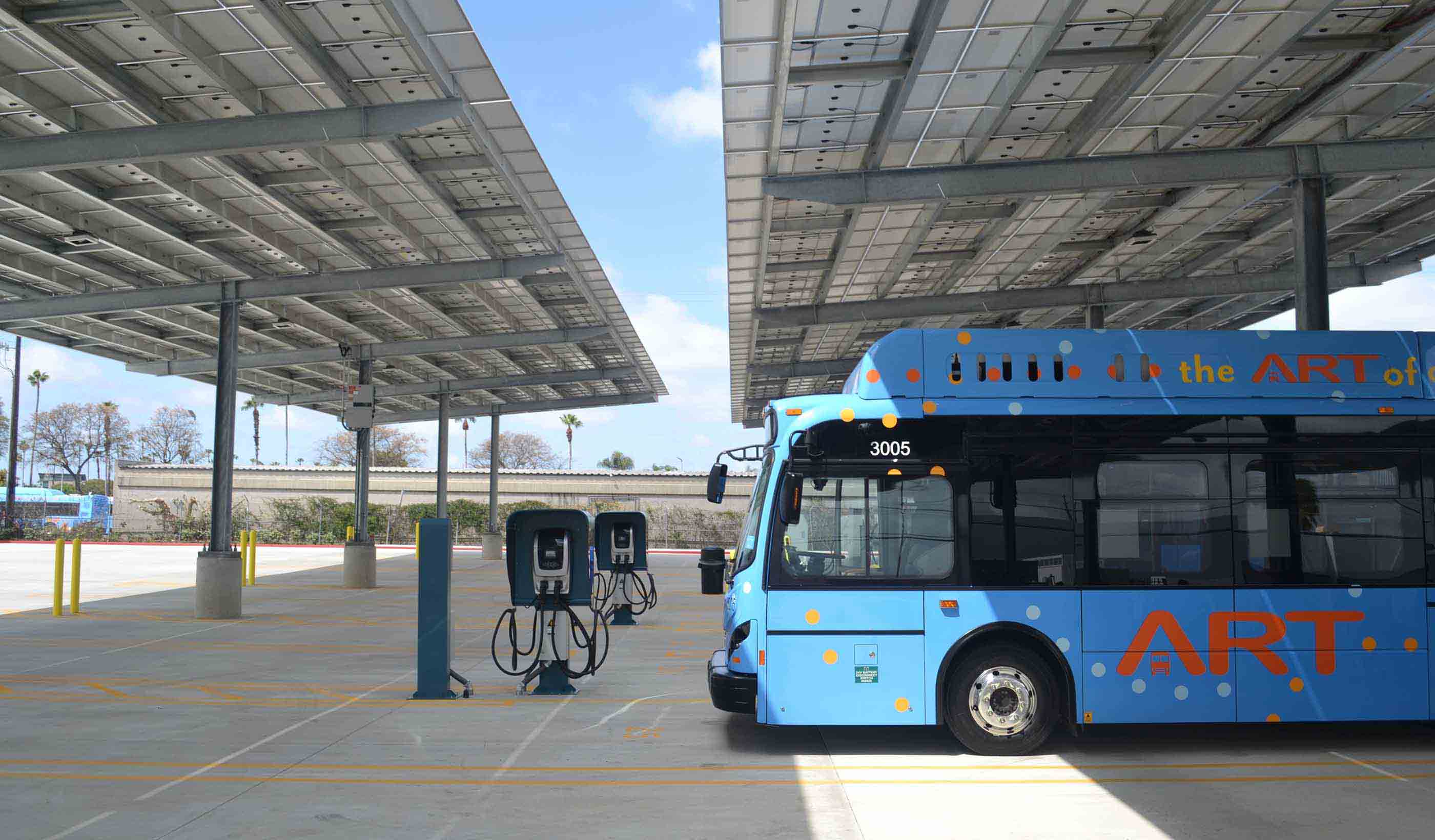At a Glance
-
$11M
Construction Value
- Location
- Vancouver, Washington
- Offices
-
-
Client
-
-
C-TRAN
-
- Location
- Vancouver, Washington
- Offices
- Client
-
- C-TRAN
Share
C-TRAN Hydrogen Fueling Station
As part of the energy transition, C-TRAN (Vancouver, Washington’s transit authority) is moving toward a 100 percent zero emission fleet by 2040—using hydrogen fuel cell buses (FCEBs) that emit only water vapor and heat when they’re in use. Liquid hydrogen (LH2) is transported and stored in liquid form that’s converted to gas in the vehicle for the on-board fuel cell. C-TRAN engaged us to design a new hydrogen fueling station that will power their new FCEBs.
Across two phases, our team will provide fueling systems engineering, architecture, mechanical engineering, electrical engineering, and structural engineering services for the facility. Phase 1 consists of one 18,000-gallon liquid hydrogen (LH2) cryogenic tank (an insulated, pressurized container), two LH2 cryogenic pumps (a vacuum pump), two fluid heat exchangers, two vaporizers, and four gaseous hydrogen vessels. Phase 2 consists of a third LH2 cryogenic pump, heat exchanger, vaporizer that will be added along with two additional gaseous hydrogen vessels. This hydrogen fueling station will be incorporated to C-TRAN’s maintenance facilities to accommodate the FCEBs when they arrive.
With this new facility in place, C-TRAN will be well on the road to their goal of decarbonizing their transit system—helping to improve air quality through reduced emissions.
At a Glance
-
$11M
Construction Value
- Location
- Vancouver, Washington
- Offices
-
-
Client
-
-
C-TRAN
-
- Location
- Vancouver, Washington
- Offices
- Client
-
- C-TRAN
Share
Reb Guthrie, Principal, Fueling Systems Design
Creative problem solving—in sometimes unexpected ways—while understanding and respecting user needs is easily the best part about my job.
Matt Lewis, Principal, Planner
A well-executed plan does not need a champion—everyone involved along the way should feel empowered to advance it.
Patrick M. McKelvey , Senior Principal, Buildings
Our purpose and goal is to create better places through thoughtful, creative, and responsive planning and design.
We’re better together
-
Become a client
Partner with us today to change how tomorrow looks. You’re exactly what’s needed to help us make it happen in your community.
-
Design your career
Work with passionate people who are experts in their field. Our teams love what they do and are driven by how their work makes an impact on the communities they serve.






















